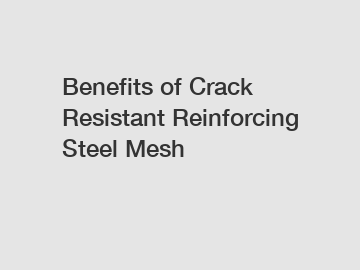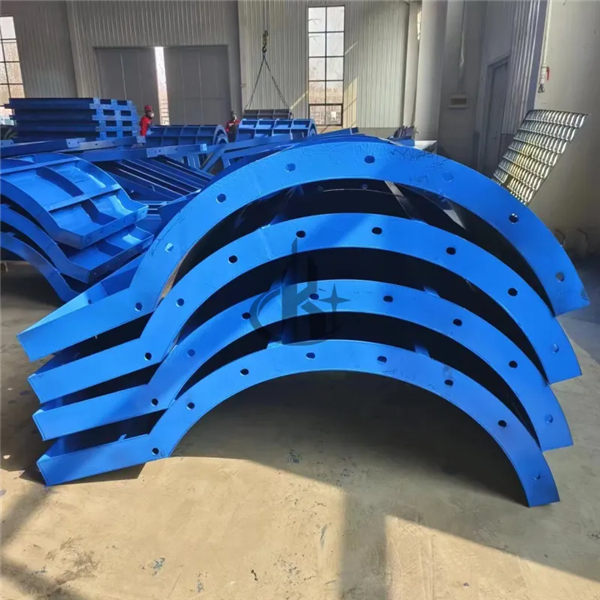Debunked: Are Glass Wool and Mineral Wool?
When it comes to insulation materials, there seems to be a lot of confusion surrounding the difference between glass wool and mineral wool. Many people mistakenly believe that these two materials are the same, when in fact they are quite different. In this blog post, we will debunk the myth that glass wool and mineral wool are interchangeable, and clarify the distinctions between the two.
Firstly, let's start by defining what exactly glass wool and mineral wool are. Glass wool is a type of thermal insulation made from recycled glass. It is manufactured by melting glass at a high temperature and then spinning it into fibers. These fibers are then bound together using a resin, creating a flexible and lightweight material that is ideal for insulating buildings and homes.
On the other hand, mineral wool is made from natural minerals such as rock or slag. These minerals are melted down at a high temperature, spun into fibers, and then bound together using a resin or other binding agent. The result is a durable and fire-resistant insulation material that is commonly used in industrial applications and high-temperature environments.
One of the main differences between glass wool and mineral wool lies in their composition. Glass wool is made from recycled glass, which makes it a more eco-friendly option compared to mineral wool, which is made from natural minerals that are not renewable resources. Additionally, glass wool tends to have a higher R-value (a measure of the insulation's thermal resistance) compared to mineral wool, making it a more effective insulator in some cases.
Another key difference between glass wool and mineral wool is their fire resistance properties. Glass wool is naturally non-combustible, meaning that it will not catch fire or spread flames in the event of a fire. Mineral wool, on the other hand, is also fire-resistant but may contain binders or additives that can affect its fire resistance. This makes glass wool a safer option for insulation in buildings and homes.
In terms of installation and handling, both glass wool and mineral wool are relatively easy to work with. They can be cut to size with a knife or scissors, and can be easily fitted into walls, floors, and ceilings. However, glass wool tends to be softer and more flexible than mineral wool, which can make it easier to handle and install in tight spaces.
Further reading:What Are the Benefits and Applications of Self-Adhesive Fiberglass Mesh Tape?
Why Choose Sports Artificial Turf?
All You Need to Know About Construction Road Mats
Benefits and Applications of Foil Faced Phenolic Duct Insulation Board
Maximize Strength with Transverse Reinforcing Mesh Panels
How to Choose Transverse Reinforcing Mesh Panels?
10 Facts You Should Know About Sd Stirrup Mesh
When it comes to cost, glass wool and mineral wool are both affordable insulation materials that offer good value for money. However, the cost of each material can vary depending on factors such as the thickness and density of the insulation, as well as the manufacturer and supplier.
In conclusion, glass wool and mineral wool are two distinct insulation materials that offer different benefits and advantages. While both materials are effective insulators that can help improve the energy efficiency of buildings and homes, it is important to understand the differences between them in order to choose the right material for your specific needs.
If you are looking for a lightweight and flexible insulation material that is eco-friendly and has a high R-value, glass wool may be the best option for you. On the other hand, if you require a durable and fire-resistant insulation material that can withstand high temperatures, mineral wool may be the more suitable choice.
In the end, the choice between glass wool and mineral wool will depend on your specific insulation needs and preferences. Regardless of which material you choose, both glass wool and mineral wool are reliable and effective insulation options that can help you create a more comfortable and energy-efficient living space.
Want more information on is glass wool the same as mineral wool, what is glass wool made of, non-combustible xps foam board supplier? Feel free to contact us.
Further reading:The Advantages of Implementing Sd Stirrup Mesh
How is 668 Hard Drawn Mesh Used?
Space Capsule House Outdoor Camping Travel New Experience
How to Choose Australian Standard Reinforcement Mesh?
Thermal Expansion and Polycarbonate Roofing Sheets
Carrara Quartz Stone vs. Marble: Which is the Better Choice for Your Home?
10 Questions You Should Know about Stainless Steel Outdoor Grills for Beginners











